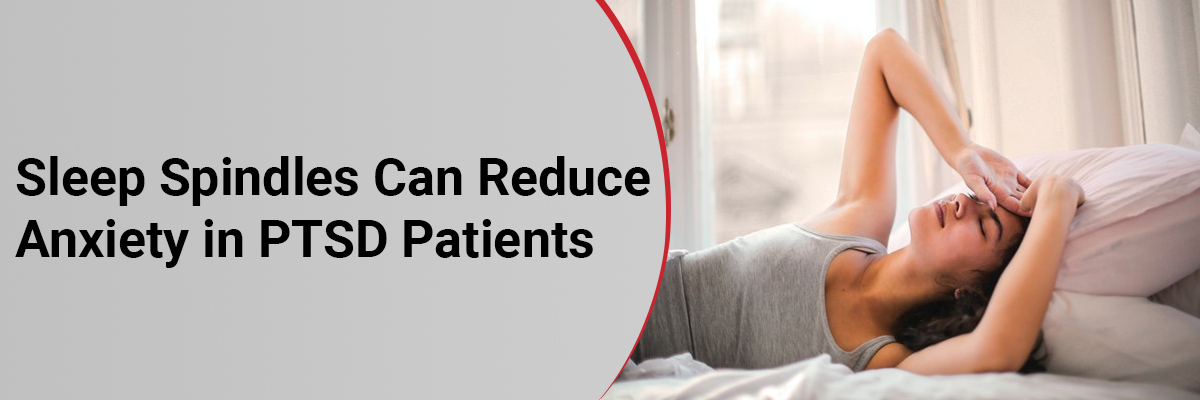
 IJCP Editorial Team
IJCP Editorial Team
Sleep Spindles Can Reduce Anxiety in PTSD Patients
According to a recent study published in Biological Psychiatry: Cognitive Neuroscience and Neuroimaging, small bursts of brain activity called sleep spindles during non-rapid eye movement-2 (NREM2) sleep may help regulate anxiety in individuals with post-traumatic stress disorder (PTSD). The study found that exposure to violent images increased spindle frequency in those with greater PTSD symptoms and reduced anxiety post-nap.
The researchers suggest that interventions that trigger spindles associated with NREM2 sleep, such as prescription drugs or electrical brain stimulation, may benefit patients with stress and anxiety disorders. Future implications: the findings prompt detailed research on the role of spindles in the consolidation and the effects of replaying intrusive and violent memories, many weeks post-trauma exposure.

IJCP Editorial Team
Comprising seasoned professionals and experts from the medical field, the IJCP editorial team is dedicated to delivering timely and accurate content and thriving to provide attention-grabbing information for the readers. What sets them apart are their diverse expertise, spanning academia, research, and clinical practice, and their dedication to upholding the highest standards of quality and integrity. With a wealth of experience and a commitment to excellence, the IJCP editorial team strives to provide valuable perspectives, the latest trends, and in-depth analyses across various medical domains, all in a way that keeps you interested and engaged.










.jpg)








.jpg)

Please login to comment on this article